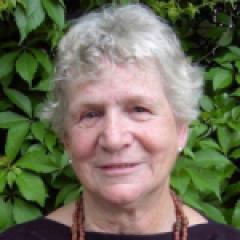Buried in Data
The first of the five habits which the schools I helped found were based on was: “What’s the evidence” How do you know that?”
The education debate–especially the one about the value of the data–is one that has largely ignored that number one “habit of mind” that defines being “well-educated”. It’s hard for me to praise David Brooks, since we so often disagree, but he went up in my esteem on February 18th in a column entitled What Data Can’t Do. “The big novelty of this historic moment is that our lives are not mediated through data-collecting computers. In this world, data can be used to make sense of mind-bogglingly complex situations… help compensate for our overconfidence in our own intuition… But there are many things that big data does poorly…” The whole piece is worth reading. Then follow it with Paul Thomas of Chalk Dust blog who raises a critical question about the expertise of the expertise that most of us depend on. “The disturbing irony is that among all the political and media focus on teacher quality and accountability, politicians and the media themselves fail to provide the expertise or accept the accountability that they argue is needed for schools, teachers and students.”
It remind me of the disturbing fact that I trust the NY Times reporting most when I know least about something. The more I know the more mistakes I find! But human beings need information to survive–literally. We are dependent from birth on for feedback from the world. When we distrust too much of that feedback we become helpless or dangerous. But….how well do our schools prepare us to judge the judges?
Even worse–or equally?–is that the time being demanded from teachers to analyze “the data” is time taken away from getting to know the truly hard data–the student right there in front of us.
The disturbing irony is that among all the political and media focus on teacher quality and accountability, politicians and the media themselves fail to provide the expertise or accept the accountability that they argue is needed for schools, teachers, and students.
This blog post has been shared by permission from the author.
Readers wishing to comment on the content are encouraged to do so via the link to the original post.
Find the original post here:
The views expressed by the blogger are not necessarily those of NEPC.
